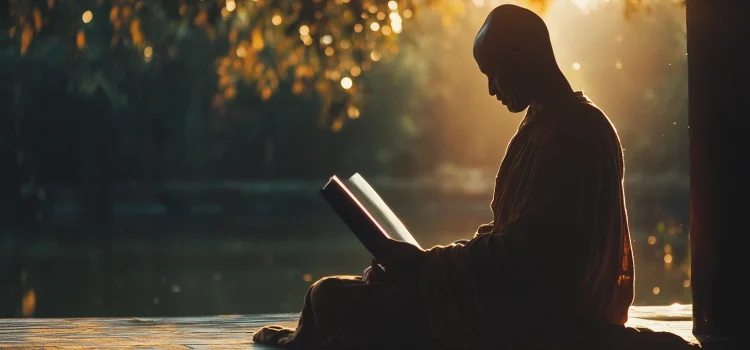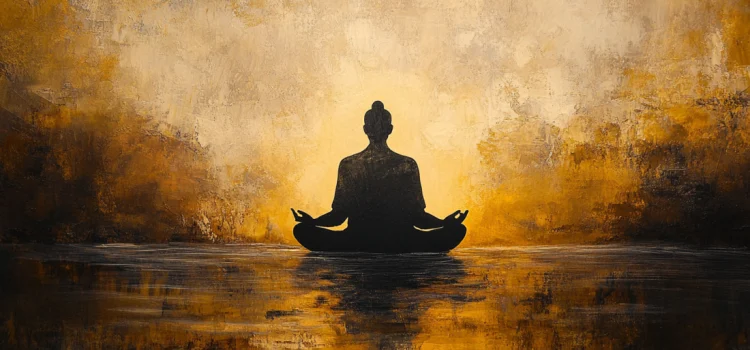Are you searching for practical ways to find joy in your everyday life? How can you cultivate genuine happiness regardless of your circumstances? In his book The Code of the Extraordinary Mind, Vishen Lakhiani reveals that happiness is not just an emotion but a skill that can be developed. He outlines three essential happiness skills that anyone can practice daily to create lasting contentment and fulfillment. Read on to discover these powerful skills that can help you build a more joyful life, even during challenging times.
3 Happiness Skills From Vishen Lakhiani: Train Yourself for Joy










